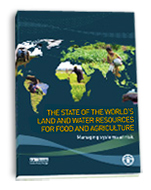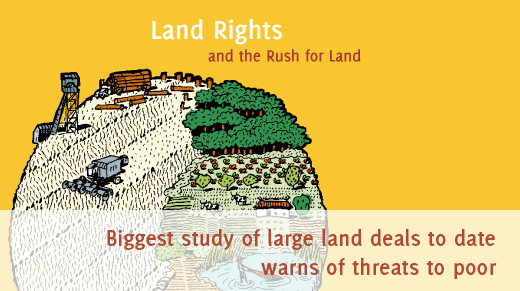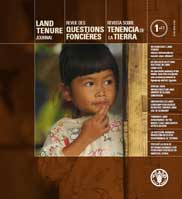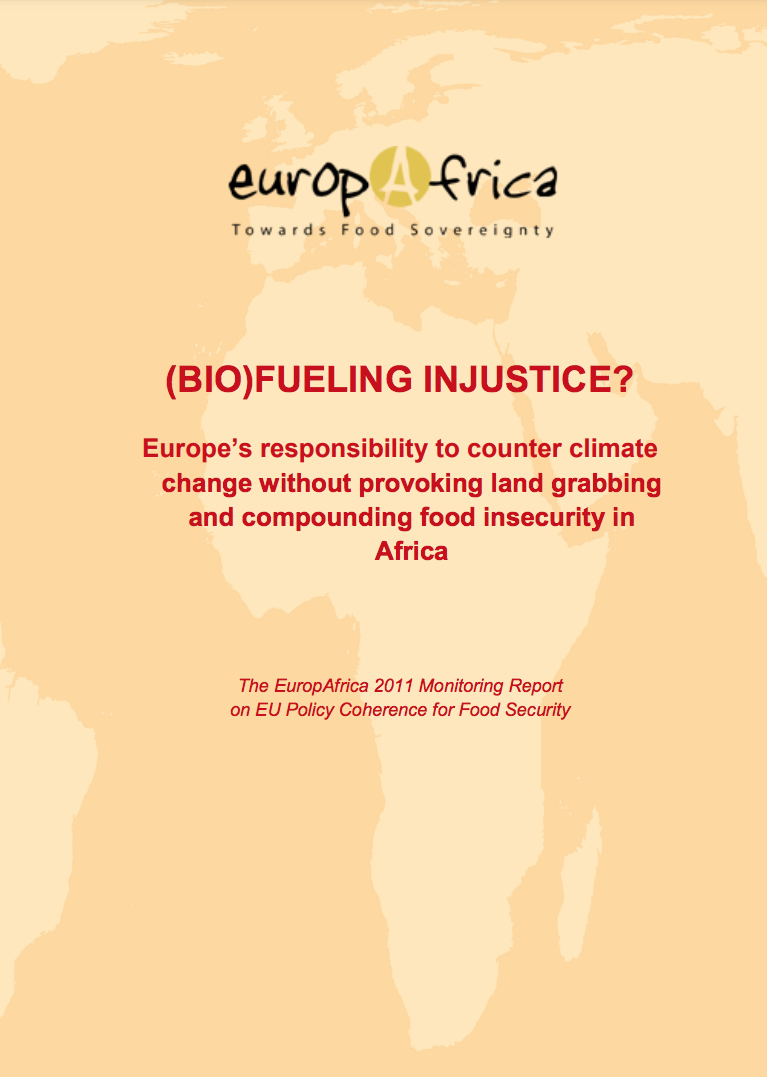REDD and Rights In Cameroon
"In this report, it is argued that national REDD readiness planning activities in Cameroon, including activities involving the Forest Carbon Partnership Facility (FCPF), lack effective actions to ensure the participation of indigenous peoples and local communities, miss solid data on the drivers of deforestation and gloss over critical land tenure, carbon rights and benefit sharing issues.





